Jehoshaphat's reign generally went well. The Book of Chronicles records that the LORD was with Jehoshaphat, because he lived in the footsteps of his father David, and did not seek Baal-Baal, but instead sought God his father. He lives according to His commandments and does not act like Israel (North). Therefore, the Lord has strengthened the kingdom which is under his control. All Judah made offerings to Jehoshaphat, so that he became rich and very honorable.
With courage he lived according to the way the LORD showed him. He also kept all the high places and the pillars of idols away from Judah, even though there were still those who offered and burned sacrifices on the high places. However, the remnants of the filial prostitution that remained in the days of his father Asa were abolished from the land. Jehoshaphat also made visits to the regions, from Beersheba to the mountains of Ephraim, sending the people to turn to the LORD God of their fathers.

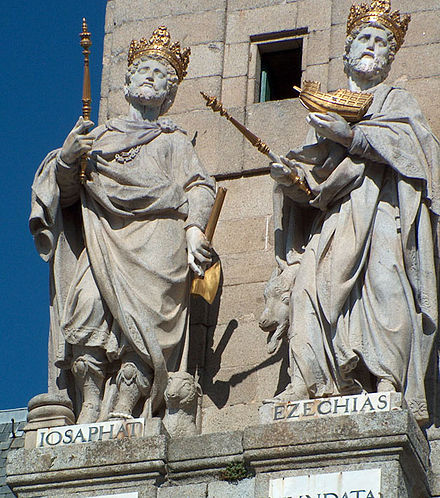

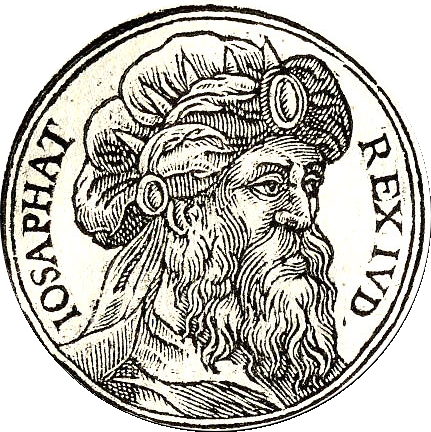

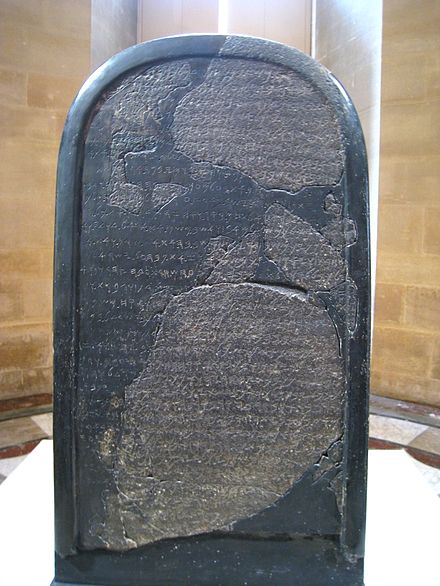
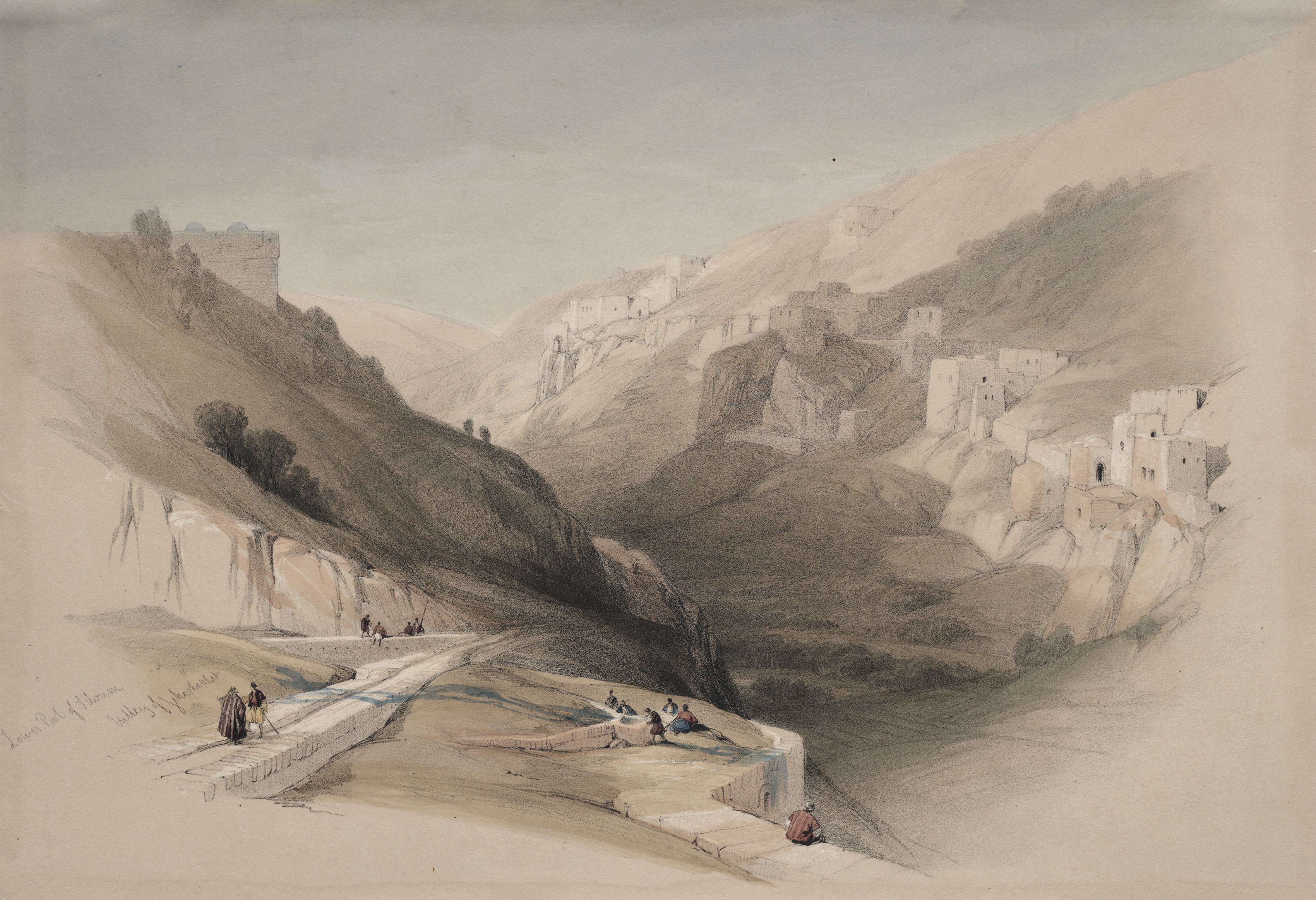
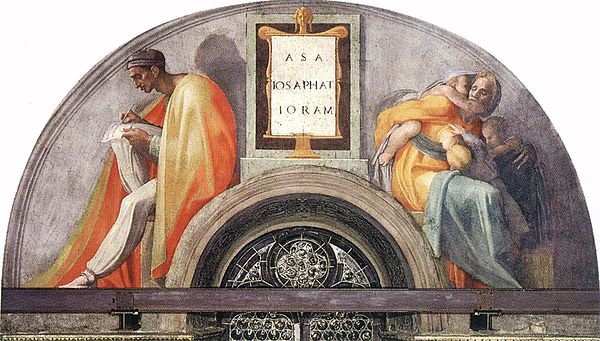

Comments
Links